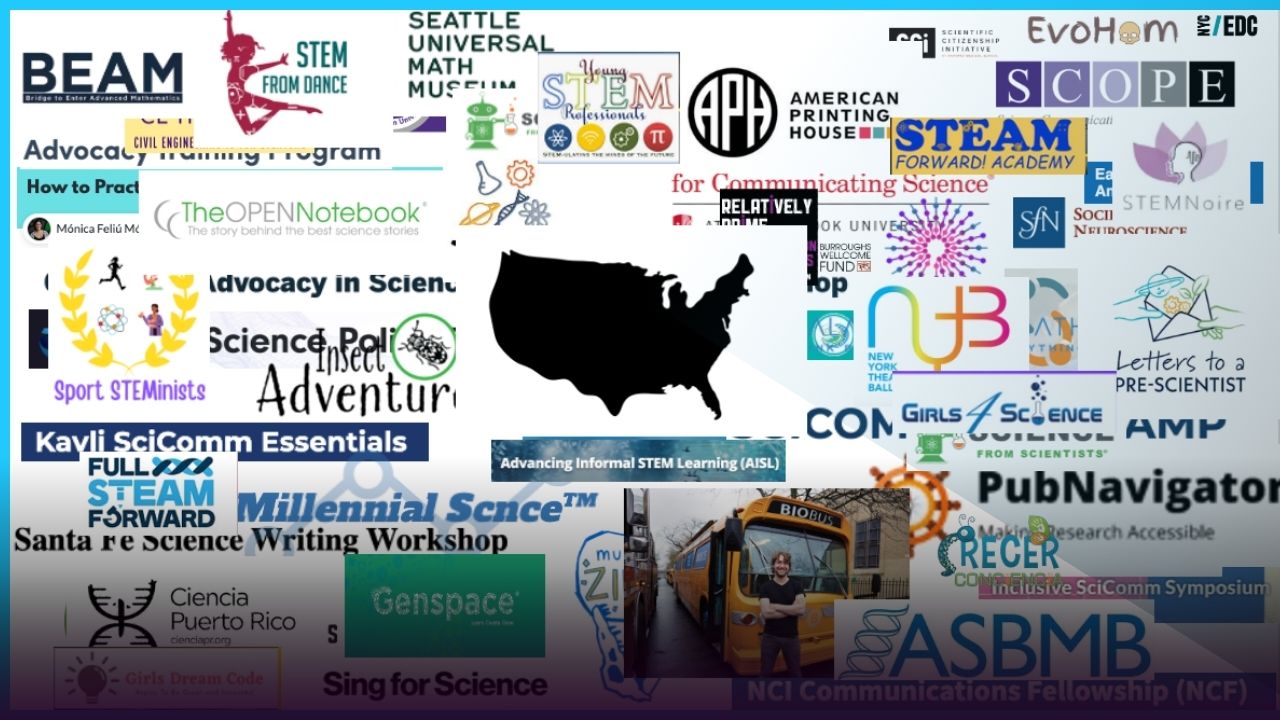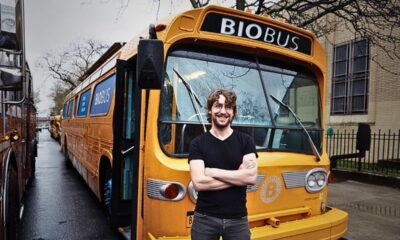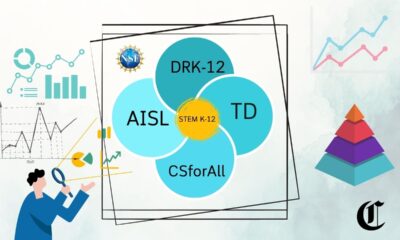Civic Science Observer
How will federal funding cuts affect informal science engagement scholarship and practice? Here is what we are learning from stakeholders:

BOSTON — Federal agencies have long played a significant role in supporting public engagement with science work. Major funding programs such as the National Science Foundation’s Advancing Informal STEM Learning (AISL) have helped bring science museum exhibitions, films, books, science festivals, television shows, after-school STEM programs, and a ton more science engagement scholarship and practice. These efforts reach communities across the nation including right here in Boston at local universities and non-profits.
Now, as federal funding cuts continue (such as the recent NIH policy that limits indirect funding by universities for research grants to 15%), the expected downstream outcome will be the tightening of budgets, such as that reported by Boston University and MIT here in the Boston area. Public engagement projects that rely in part on these sources will likely face cuts to some degree.
But even before the ongoing cuts, informal science engagement was operating under tight financial constraints, supported by a mix of federal, state, and private donors. The ongoing rounds of funding cuts will have a direct impact on public engagement with science particularly on projects that are targeted toward underserved communities.
At local organizations such as Boston’s WGBH, which has long been at the forefront of delivering innovative public engagement with science programming, stakeholders we are talking to are watching closely to see how the changing funding landscape will reshape their current approach, operations, and programming.
The shifting funding landscape raises a series of pressing questions.
For example: How will non-federal funding sources—such as philanthropic organizations, private partnerships, state grants, and individual donors—step in to fill the void?
What strategies will public engagement programs and their host organizations adopt to navigate this new financial reality? Which public engagement initiatives—and in which regions—are most vulnerable? What mergers and/or acquisitions are likely to take place? How will the new financial reality affect the public engagement job landscape? And, how will the type of scholarship conducted around public engagement be affected?
Of course, some are likely to ask whether the additional financial constraints might spark new innovative collaborations that we cannot yet fully anticipate. Even if that ends up being partially true, many stakeholders are likely to say that such cuts are not the best way to get there.
Anyway, at the present moment, there are way more questions than answers.
Ultimately, scholars and practitioners across all civic science areas will likely need to lean into each other’s work now more than ever before.
Below are what stakeholders are telling us:
“Too many scientists are reacting defensively to the new challenges. Trained science communicators know that they have to appeal to specific audiences – to retailers who plan their inventory based on NOAA weather reports, to parents who treat the life-threatening illnesses of their kids with drugs developed with Federal funding, to farmers who plant crop varieties developed by USDA researchers. Since so many of the cuts will affect the ability to train science communicators, the ability to get out the message about how federally-funded science helps society will be yet another loss.”
“The scientific community already spends too little on communication. Cuts will mean that scientists get even fewer opportunities to share or hear insights. Good things happen when scientists engage with their communities.”
“My current job is funded by a research grant and if our grant is cut, my science communication role supported through the grant—perhaps the only one in the US in my field—will disappear too.”

-
 Audio Studio1 month ago
Audio Studio1 month ago“Reading it opened up a whole new world.” Kim Steele on building her company ‘Documentaries Don’t Work’
-
Civic Science Observer1 week ago
‘Science policy’ Google searches spiked in 2025. What does that mean?
-
Civic Science Observer1 month ago
Our developing civic science photojournalism experiment: Photos from 2025
-
Civic Science Observer1 month ago
Together again: Day 1 of the 2025 ASTC conference in black and white
Contact
Menu
Designed with WordPress






















